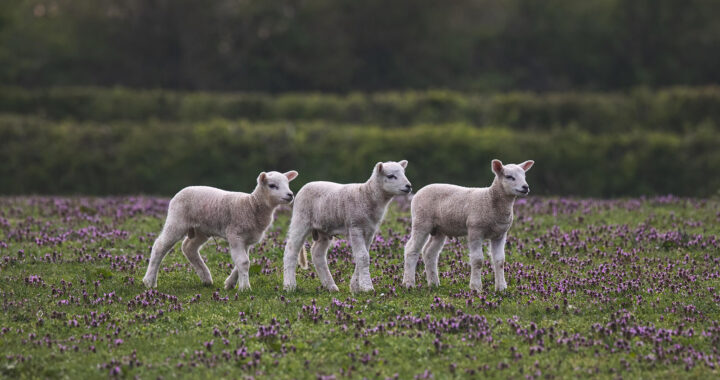Conservation efforts in wealthy nations are often seen as a win for biodiversity. But what if they are actually making things worse elsewhere? A recent study by a team of scientists and economists led by the University of Cambridge warns that restoring habitats in low-biodiversity regions can push harmful human activities to more biodiverse but poorly regulated areas. This “biodiversity leakage” could mean that well-intentioned conservation policies end up accelerating global species loss rather than preventing it. Further details are discussed in the A. Balmford et al. policy paper which was published in February 2025 in Science
How Habitat Restoration in Rich Nations Can Accelerate Species Loss in Species-Rich Regions
Biodiversity Leakage
Large-scale conservation initiatives like the Biodiversity and Forestry Strategy of the European Union and the Global Biodiversity Framework may unintentionally cause biodiversity leakage and negate the intended biodiversity benefits. This phenomenon occurs when conservation efforts in one region shift harmful human activities like logging and farming to other areas.
For example, when wealthier nations, such as those in Europe, restore land for conservation, such as in the case of rewilding farmlands, food and wood production is displaced to other countries. This often shifts these production activities to other regions like Africa and South America where biodiversity is higher but environmental protections are weaker.
The net effect of leakage depends on where activities are displaced. For example, if activities move to areas with less biodiversity or higher productivity, the overall conservation effort may still be beneficial. However, if activities shift to high-biodiversity or low-productivity regions, the negative impacts may outweigh the local conservation gains and result in net harm.
Further Analyses and Examples
An exploratory analysis revealed that restoring cropland in the United Kingdom for conservation may cause five times more biodiversity damage globally than the benefit it provides locally. In contrast, rewilding land in biodiversity-rich areas, such as soy farms in Brazil, tends to have a net positive effect since local conservation gains outweigh displacement harms.
Further examples showed that protecting old-growth forests in the Pacific Northwest resulted in increased logging in other regions in North America. Another analysis showed that closing logging concessions in the U.S. could result in an increase in the demand for tropical pulp. This could accelerate deforestation in tropical regions due to increased logging activities.
Implications and Solutions
Fiona Sanderson from the Royal Society for the Protection of Birds noted that there is a real risk that the biodiversity leak will undermine hard-won conservation victories without attention and action. Lead author. Brendan Fisher from the University of Vermont underscored the need for collective acknowledgment of the occurrence and existence of these leakages.
Several mitigation strategies were suggested. The first involved reducing demand for high-impact resources and high-footprint products. Notable examples include deforestation-driven agriculture and the consumption of red meat or livestock activities. This will also necessitate encouraging sustainable consumption and a circular model of production.
Prioritizing conservation in certain areas with high biodiversity and low production potential is also recommended. An example is restoring abandoned shrimp farms to mangroves. Another is to avoid large-scale rewilding of productive farmland in low-biodiversity areas without addressing displacement and promoting sustainable agricultural practices.
FURTHER READING AND REFERENCE
- Balmford, A., Ball, T. S., Balmford, B., Bateman, I. J., Buchanan, G., Cerullo, G., d’Albertas, F., Eyres, A., Filewod, B., Fisher, B., Green, J. M. H., Hemes, K. S., Holland, J., Lam, M. S., Naidoo, R., Pfaff, A., Ricketts, T. H., Sanderson, F., Searchinger, T. D., … Williams, D. R. 2025. “Time to Fix the Biodiversity Leak. In Science. 387(6735): 720-722. American Association for the Advancement of Science. DOI: 1126/science.adv8264
